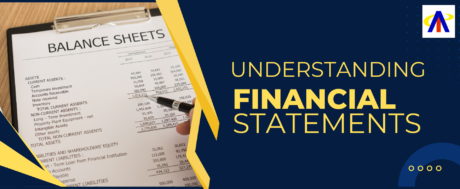Introduction
Are you managing your business finances or simply trying to keep track of personal expenses? Whatever your situation, understanding bookkeeping basics is essential. This blog post will guide you through the fundamentals of bookkeeping, explaining why it’s crucial for anyone looking to maintain accurate financial records and make informed financial decisions.
What is Bookkeeping?
Bookkeeping is the systematic recording, organizing, and maintaining of financial transactions. It’s a fundamental process that supports the financial health and regulatory compliance of businesses and personal finances alike.
Why is Bookkeeping Important?
Financial Analysis and Planning: Regular bookkeeping allows you to understand your financial standing, enabling better budgeting and financial decisions.
Regulatory Compliance: Keeps your financial records in order, which is crucial for fulfilling tax obligations and avoiding penalties.
Informed Decision Making: Helps you make strategic decisions based on comprehensive financial data.
Key Components of Bookkeeping
Accounts Payable and Receivable: Tracks what you owe to suppliers and what is owed to you, which is essential for managing cash flows.
Payroll: Ensures that employees are paid accurately and on time, maintaining morale and compliance with tax regulations.
Bank Reconciliation: Matches the balance in your business ledger with your bank statement, crucial for detecting discrepancies or fraud.
Financial Statements and Reporting: Produces documents like income statements and balance sheets, providing insights into your financial health.
Bookkeeping Methods
Single-Entry: This method records each transaction as either an income or an expense, suitable for small, uncomplicated businesses.
Double-Entry: Every transaction involves two entries, ensuring the accounting equation stays balanced. This method provides a comprehensive view of your financial health and is suitable for businesses of all sizes.
Using Bookkeeping Software
Modern businesses often turn to bookkeeping software to streamline their financial processes. These tools can automate tasks like generating invoices, managing payroll, and producing financial reports, allowing you to focus on growing your business.
Getting Started with Bookkeeping
- Keep all receipts and invoices organized.
- Record all transactions in a ledger or bookkeeping software.
- Regularly review your financial statements to stay informed about your financial status.
Conclusion
Understanding and implementing basic bookkeeping practices is crucial for anyone looking to enhance their financial literacy and maintain accurate records. Whether you’re running a business or managing your personal finances, these skills are fundamental to success.





